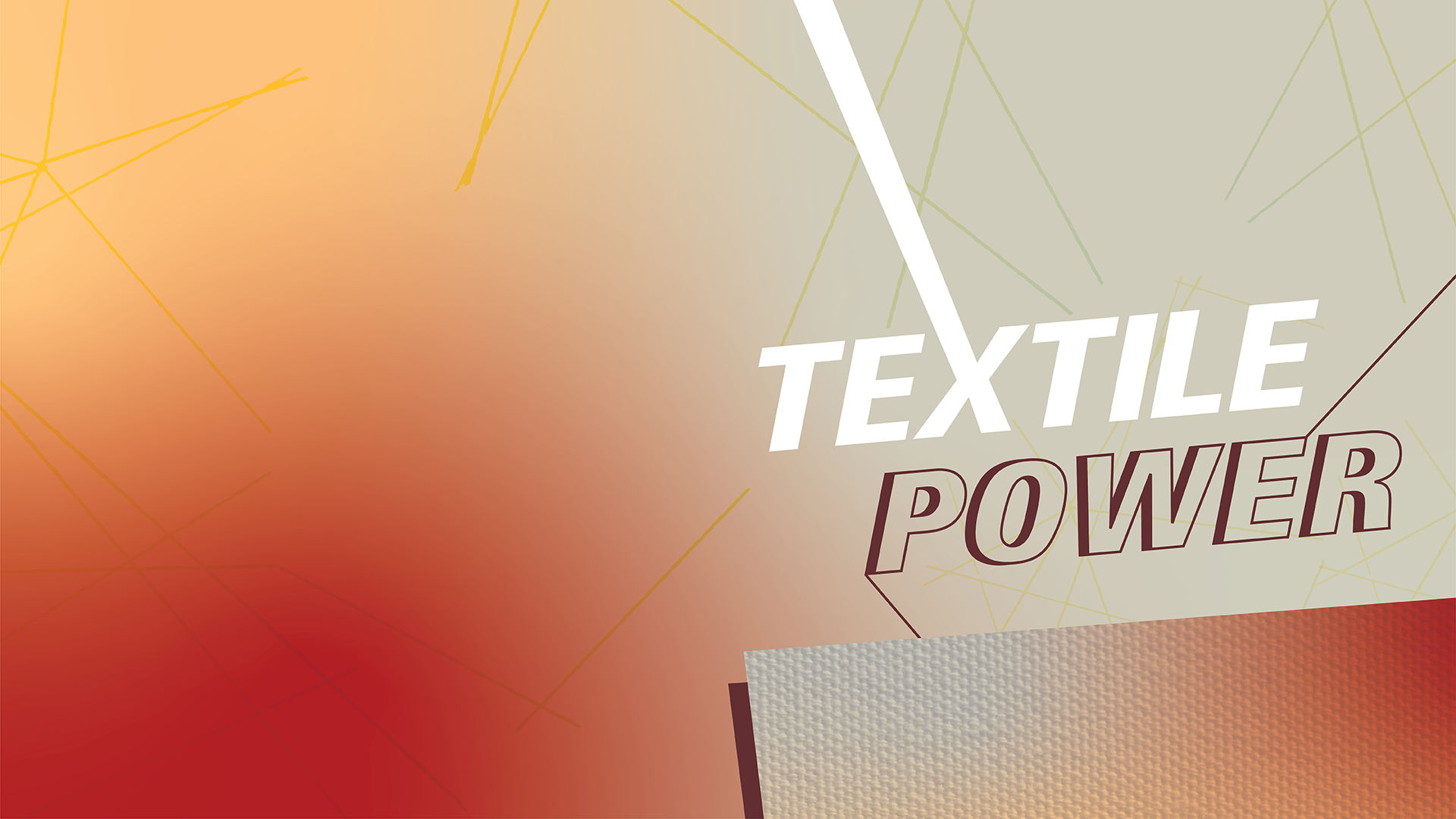Info Center: Home Textiles Industry News
07/01/2022 - The Made in China plan is back, and it’s better (The Economic Times)
State planners released a five-year smart manufacturing development plan in late December that aims to digitize 70% of the country’s large enterprises. China will now focus on building and owning industrial robots, as well as upgrading equipment and processes used in the manufacturing sector.
02/01/2022 - Morgan Stanley lists 4 reasons why China’s growth could be better than expected in 2022 (CNBC)
09/04/2021 - Bath suppliers chasing a booming business (Home textile today)

Bath towel sales at retail jumped 12.0% to $2.9 billion, according to HTT Research. The bath accessories segment – comprised of accessories, rugs/mats and shower curtains/liners – rose 9.0% year over year to $2.7 billion
“The overall sale increase came despite all the supply chain issues,” Hill noted. “Still, we would have done better if we could have met all the demand.”
04/06/2020 - China eases international flight restrictions (Flight Global)
The Civil Aviation Administration of China (CAAC) will allow more foreign carriers to fly into Mainland China, as it rolls out incentives for airlines based on passengers testing positive for the coronavirus.
From 8 June, foreign airlines which were previously not allowed to operate to China will now be able to do so, but can only operate one flight a week to a Chinese city of their choosing.
> View the original article
30/05/2020 - Singapore, China agree on ‘fast lane’ arrangement for essential travel from early June (Southeast Asia)
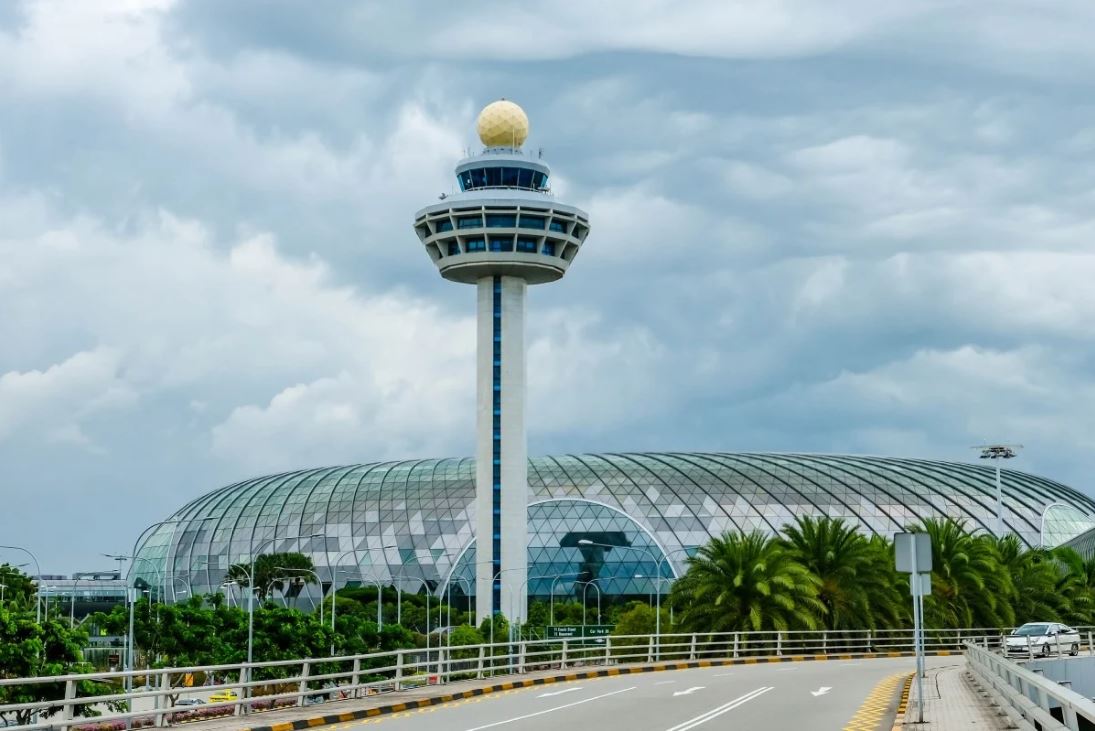
Singapore and mainland China have agreed to allow essential travel for business and official purposes between the two countries in early June, according to a joint statement.
> View the original article
28/05/2020 - Frankfurt confirms October date for world's largest book fair (CGTN)
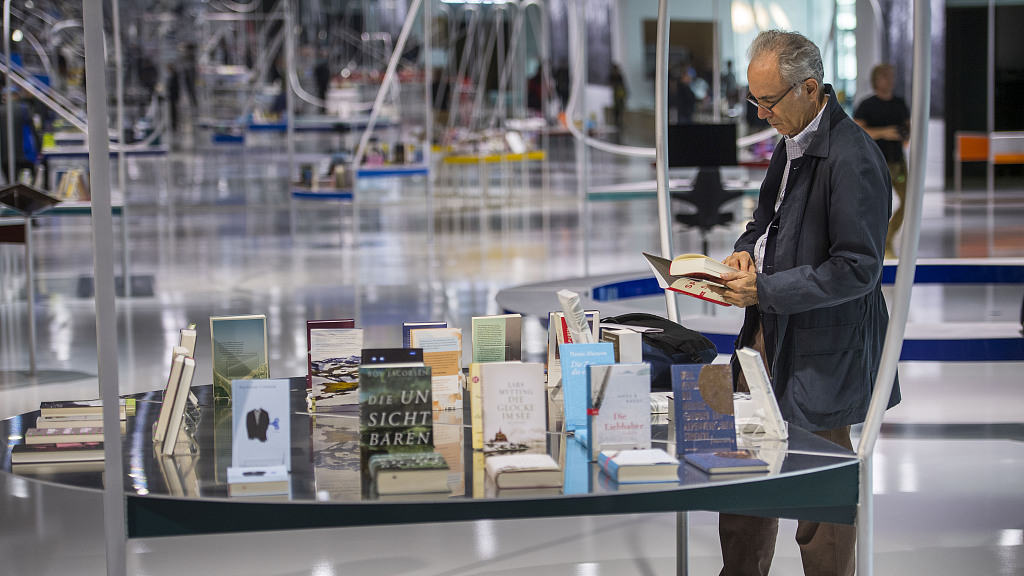
The 72nd Frankfurt Book Fair will be held from October 14 to 18, the supervisory board has confirmed after weeks of speculation.
This is the second major exhibition in Germany to be confirmed as scheduled after a series of major shows were canceled since the virus outbreak spread. Earlier this month, one of the largest major technology conferences IFA announced it was taking place as an in-person event in Berlin in September.
> View the original article
18/05/2020 - Asia shares dragged higher by S&P 500, oil and gold jump (Reuters)
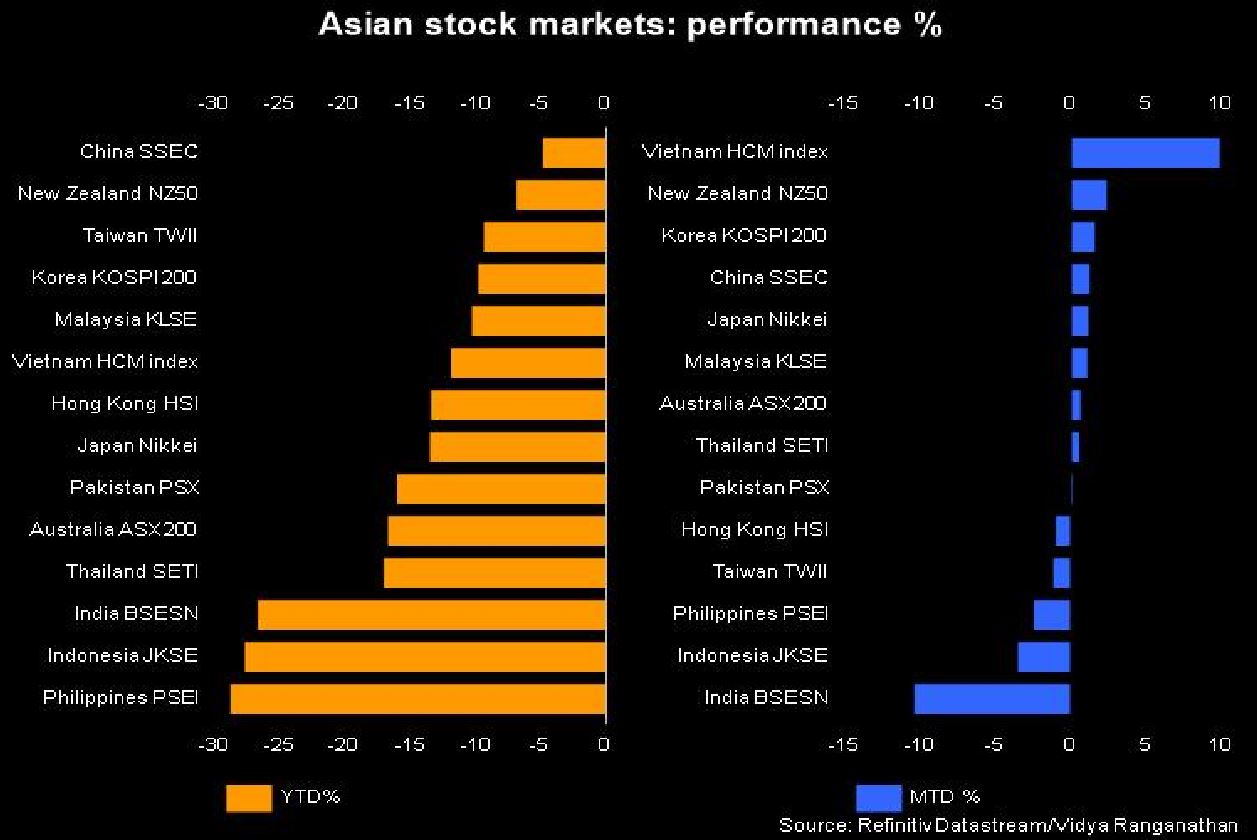
Asian shares were hauled higher by S&P 500 futures on Monday and oil prices hit a five-week peak as countries’ efforts to re-open their economies stirred hopes the world was nearer to emerging from recession.
> View the original article
16/05/2020 - Breakingviews - U.S.-China trade escalation singles out hostages (Reuters)
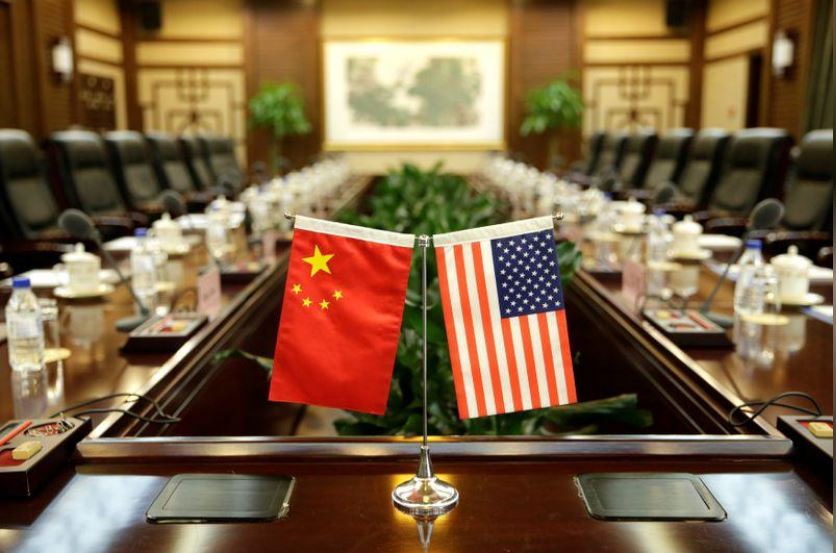
The U.S.-China trade war is escalating, not just in rhetoric about the coronavirus but also in the world of high technology. Further restrictions on China’s Huawei Technologies by the administration of President Donald Trump heighten trade tensions between Washington and Beijing, as does the decision of Taiwan’s TSMC to build a $12 billion chip plant in Arizona. Multinationals like Qualcomm and Apple are now vulnerable, too.
> View the original article
